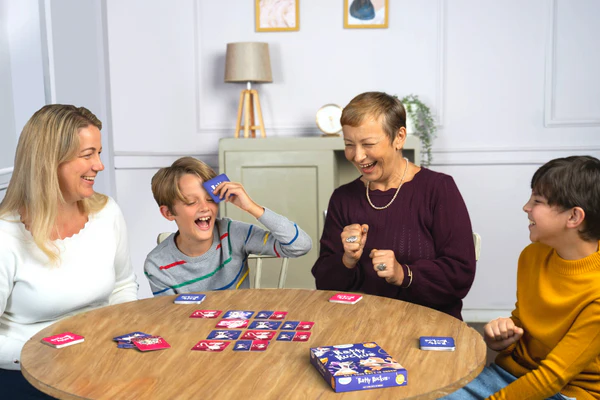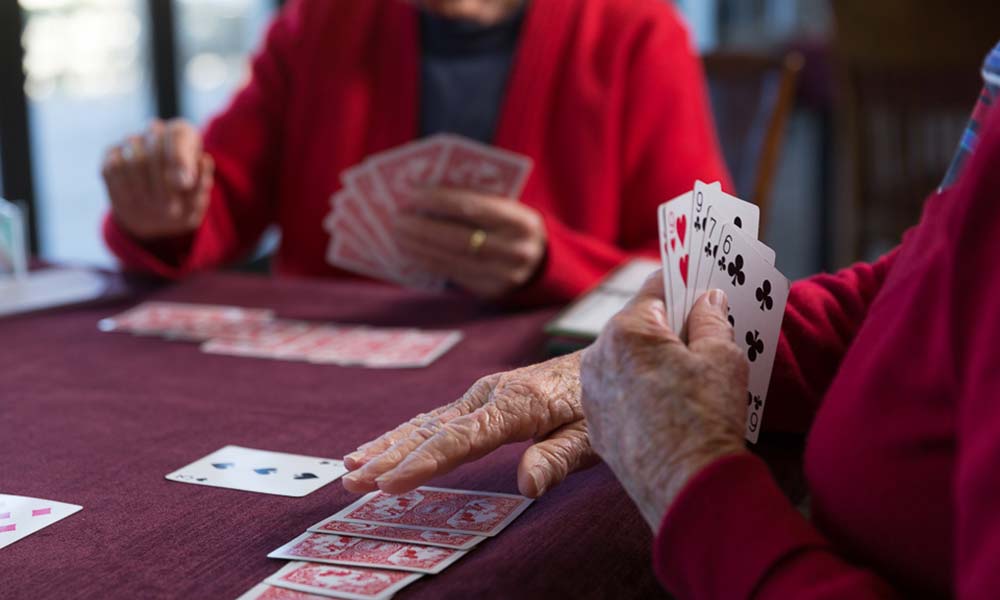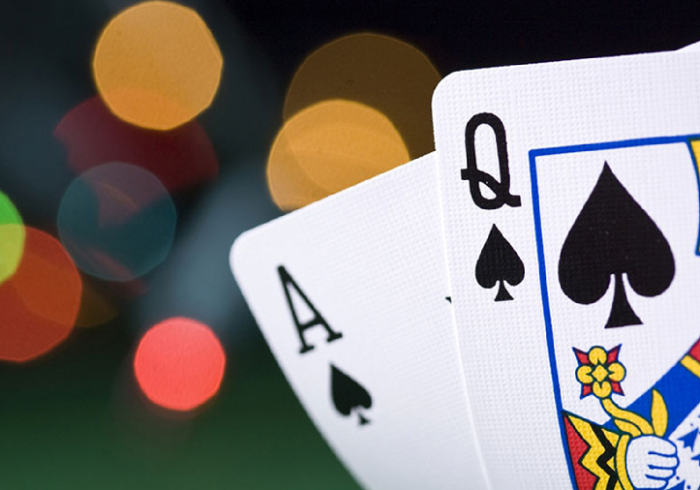The game of cards has long been a cornerstone of social interaction across cultures and generations. Their unique ability to blend entertainment, strategy, and social connection makes them an invaluable component of gatherings, both casual and formal.
Building connections
Card games excel at breaking down social barriers and creating comfortable environments for interaction. When people gather around a card table, the focus shifts naturally to the game, reducing social anxiety and creating organic opportunities for conversation. Whether it’s a family reunion, office party, or meeting new friends, cards provide a structured yet relaxed framework for social engagement.
Fostering communication skills
Playing cards involves more than just following rules and keeping score. These games require players to communicate, read social cues, and interact verbally and non-verbally. From friendly banter to strategic discussions, card games encourage various forms of communication that strengthen social bonds and improve interpersonal skills.
Cross-generational connection
Few activities bridge generational gaps as effectively as card games. Grandparents teach traditional games to grandchildren, while younger players might introduce modern variations to their elders. This exchange creates meaningful connections and helps preserve cultural traditions while allowing for contemporary adaptations.
Building critical thinking skills
While the social aspect is primary, card games also exercise the mind. Players develop strategic thinking, memory skills, and quick decision-making abilities. In group settings, these cognitive challenges become shared experiences, leading to discussions, friendly competition, and collaborative problem-solving.

Cultural significance and traditions
Different cultures have their traditional card games that play significant roles in social gatherings. These games often carry historical significance and help maintain cultural identity while providing entertainment. Learning and sharing these traditions helps strengthen community bonds and cultural understanding.
Modern evolution of card games
The digital age has transformed how we play cards, with online platforms like rtp luxury777 offering new ways to connect. Traditional in-person card games maintain their unique appeal, offering tactile experiences and face-to-face interaction that digital alternatives can’t fully replicate. Many social gatherings now incorporate both conventional and digital card gaming elements.
Team building and group dynamics
Card games serve as excellent team-building tools in both casual and professional settings. They reveal and develop leadership qualities, cooperation skills, and group problem-solving abilities. Whether played in pairs or teams, card games help people understand each other’s strengths and working styles in a relaxed environment.
Creating memorable experiences
The shared experience of playing cards often creates lasting memories. From dramatic game-winning moments to hilarious misplays, these experiences become stories that groups revisit and laugh about for years. These shared memories strengthen social bonds and create a sense of group history.
Social learning opportunities
Card games provide natural opportunities for teaching and learning social skills. Players learn to:
- Handle both winning and losing gracefully
- Follow rules and take turns
- Show respect for opponents
- Practice patience and concentration
- Develop emotional control
- Engage in healthy competition
Beyond entertainment, card games serve therapeutic purposes in social settings. They help reduce stress, provide mental stimulation, and create opportunities. For elderly gatherings or support groups, card games offer structured social interaction that supports cognitive and emotional well-being. Card games continue to play a vital role in social gatherings by fostering connection, communication, and enjoyment among participants. They provide a great way for people to interact by simultaneously entertaining, challenging, and uniting.





